
An African proverb has it that; the dance of a mad man is only funny when he is not your family member.
But are we not told that when the beard of your neighbor is on fire you should get water by your side?
Bole, a once peaceful and vibrant town in the Savannah region of Ghana has become an abattoir of human beings. The community blessed with gold and arable lands has become rife with dead bodies, a recent phenomenon that calls for urgent attention.
Within a period of a month, three men have been killed mysteriously and their remains deposited at different locations, a situation that begs the question if the grief of affected families of these victims is not loud enough to the hearing of community leaders and law enforcement agencies for the necessary actions to be taken.
In the chronology of events, on Wednesday May 1, 2024, a man aged about 70 years was found dead around green valley, a suburb of Bole of the Yelwa Electoral Area in the Bole District of the Savannah Region.
25 days later, a watchman identified as Mumuni Yahaya aged around 50-years-old, a night watchman at the Bole Girls Model JHS hostel was found dead on Sunday May, 26, 2024, inside a room at the hostel.

Barely a week later on June 2, 2024, a yet to be identified young man around 30-years of age has also been found dead at the Bole St. Kizito A primary school.
These unpleasant developments have warranted the title of this piece, “Surge in human killings in Bole, who is next before authorities take actions; a question for the gods?

These recent surge in killings in the community has not only instilled a pervasive sense of fear and uncertainty among residents but is beginning to deter visitors and investors from the one of the fastest growing towns in the newly created Savannah Region of Ghana.
So, who watches the watchman when the once peaceful town now finds its watchmen unable to sleep during their shifts because of the rate at which these security men are ambushed in the line of their jobs.
Even those with mental health challenges, who once roamed freely, now live in a state of heightened vulnerability. The escalating violence raises serious concerns about the safety of strangers who have come to Bole for work, as well as the well-being of the natives who have called this place home for generations.
The reasons behind these heinous acts remain unclear. Speculations range from possible unrest among the gods, chieftaincy conflicts to other societal issues festering within the community. Some might wonder if the gods are indeed angry with the inhabitants of Bole, leading to these tragic events.
However, it is crucial to look beyond spiritual explanations and consider other potential causes, such as economic disparities, social tensions, and inadequate law enforcement.
Bole is known to have a rich tapestry of spiritual leaders, including traditionalists, Mallams, and pastors, who have historically played significant roles in maintaining peace and harmony.
It is perplexing why these authorities have not yet united to organize a massive prayer session or spiritual intervention to seek divine assistance. While the efforts of the early might and other local leaders are acknowledged, it appears their measures have not been sufficient to curb the killings.
But did someone just whispered what the Bole Traditional Council and the Palace of the Bolewura is doing to mitigate this threat? Well, the June 2 killing happened a week after an emergency meeting was called by the Bolewura Palace to find solutions to the crisis. Does that mean suggestions professed at the meeting are timely enough to yield the needed the results? A question for the gods.
As concerned grandsons of the brave Ndewura Jakpa Sumaila, we call for a comprehensive approach to address the situation in Bole. The youth of the community should be engaged to form a community task force that undertakes routine night patrols in the community and a bylaw from Bole District Assembly to restrict movement of residents after 10:00pm.
The District Chief Executive (DCE) as the Chairperson of the District Security Council should resource and direct security forces in the district, especially the Ghana Police Service to effectively monitor and safeguard lives and property through constant and consistent night patrols.
Ndewura Jakpa, the leader of the Gonja Kingdom conquered his enemies not only through his physical forces and fighting prowess, but also leveraged on spiritual interventions.
As his descendants, the traditional and religious authorities should call for a massive prayer session, involving all religious and spiritual leaders, to invoke divine protection and guidance. Simultaneously, there should be a concerted effort to strengthen the presence of law enforcement, ensuring they are adequately resourced to handle the situation.
Community engagement is also vital. Residents, including both natives and strangers, must come together to discuss and implement strategies for maintaining peace and safety. By fostering a sense of unity and collective responsibility, Bole can begin to heal and restore its former tranquility.
However, it is important to consider the legal framework within which traditional authorities operate in Ghana and how apprehended suspects should be handled by the suggested community task force team and residents as a community when put in force.
The 1992 Constitution recognizes the role of traditional authorities in local governance and the promotion of development.
The Chieftaincy Act and other related legislation also provide a legal basis for the activities of traditional leaders as such a stronger relationship should be built between government agencies within the district and the traditional institution to safeguard the lives and properties of the people of Bole.
Authors;
Issah Zakariah Jnr (Journalist)
0543547892
Asumah Abdul-Sammed (Health Practitioner)
0594614228
The post S/R: Surge in human killings in Bole, who is next before authorities take action; a question for the gods? first appeared on 3News.
Read Full Story




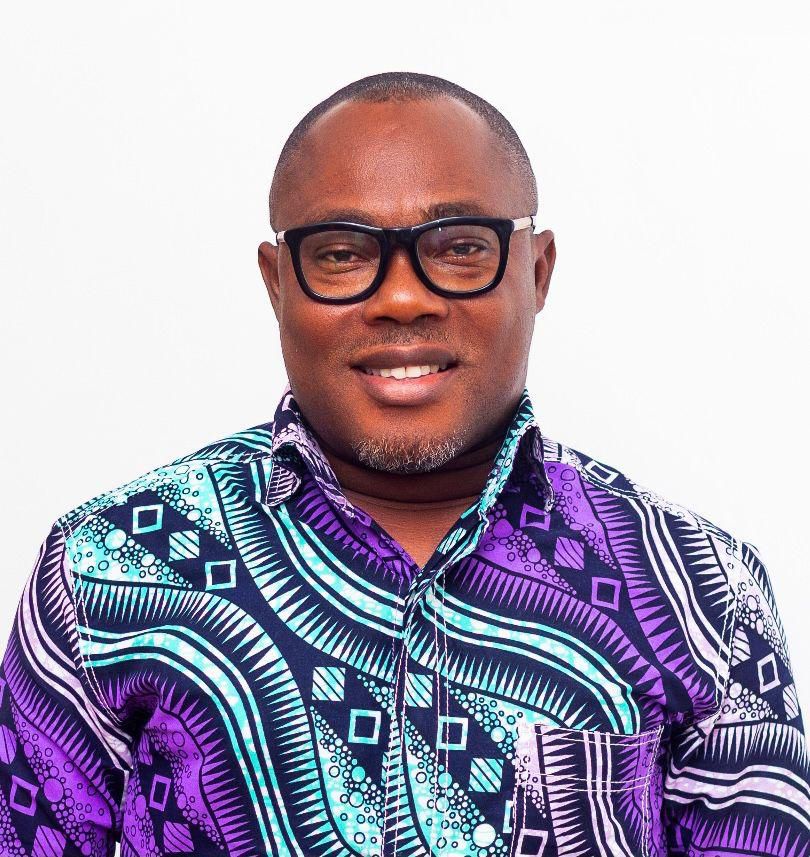
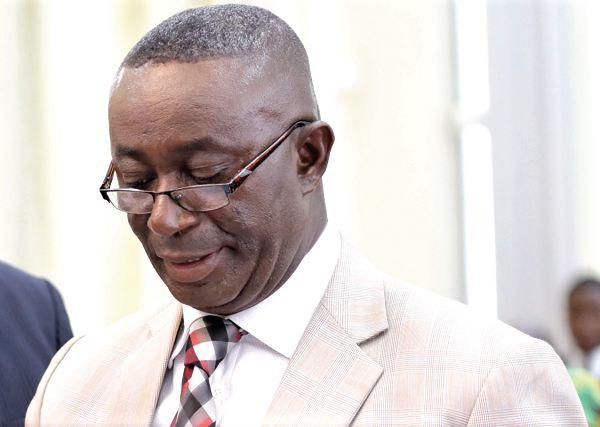
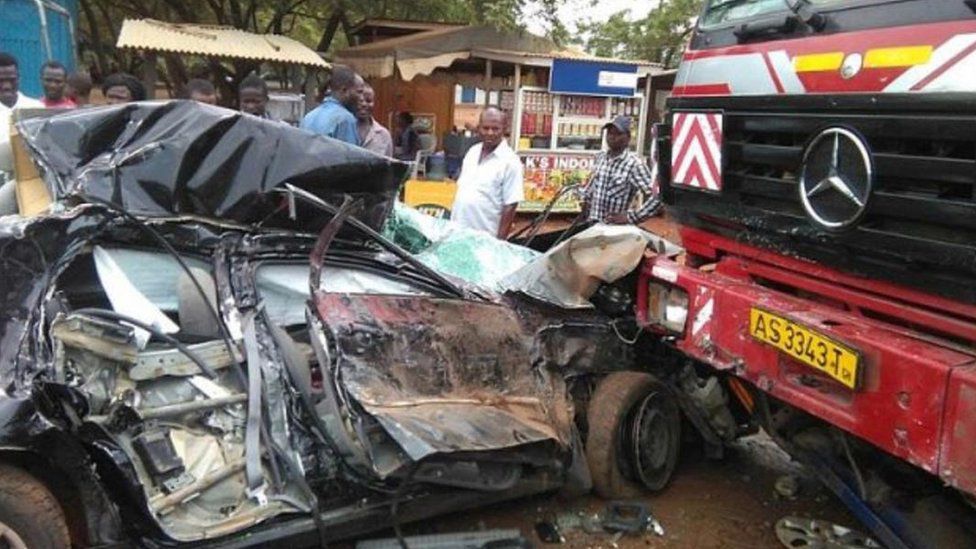
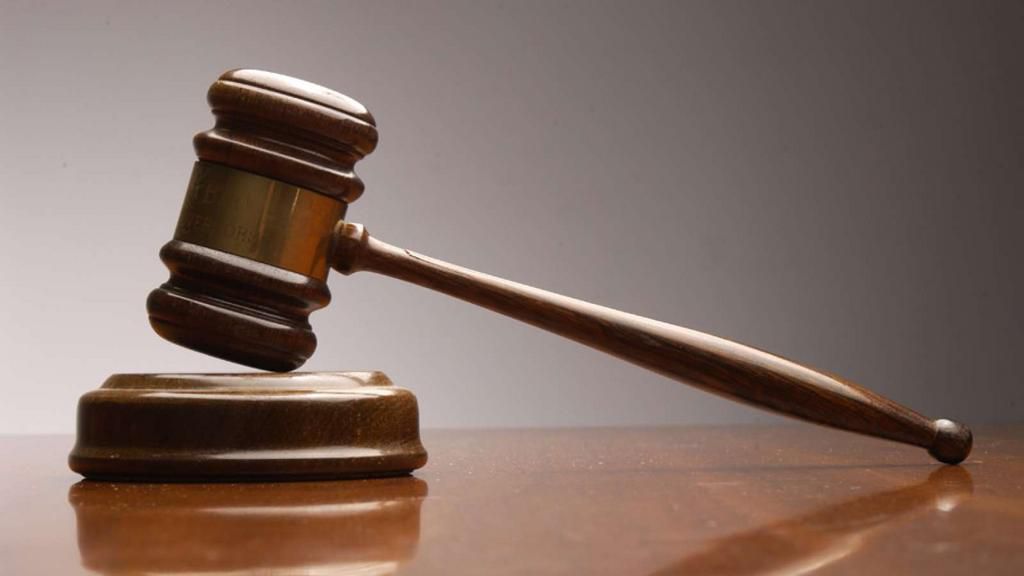
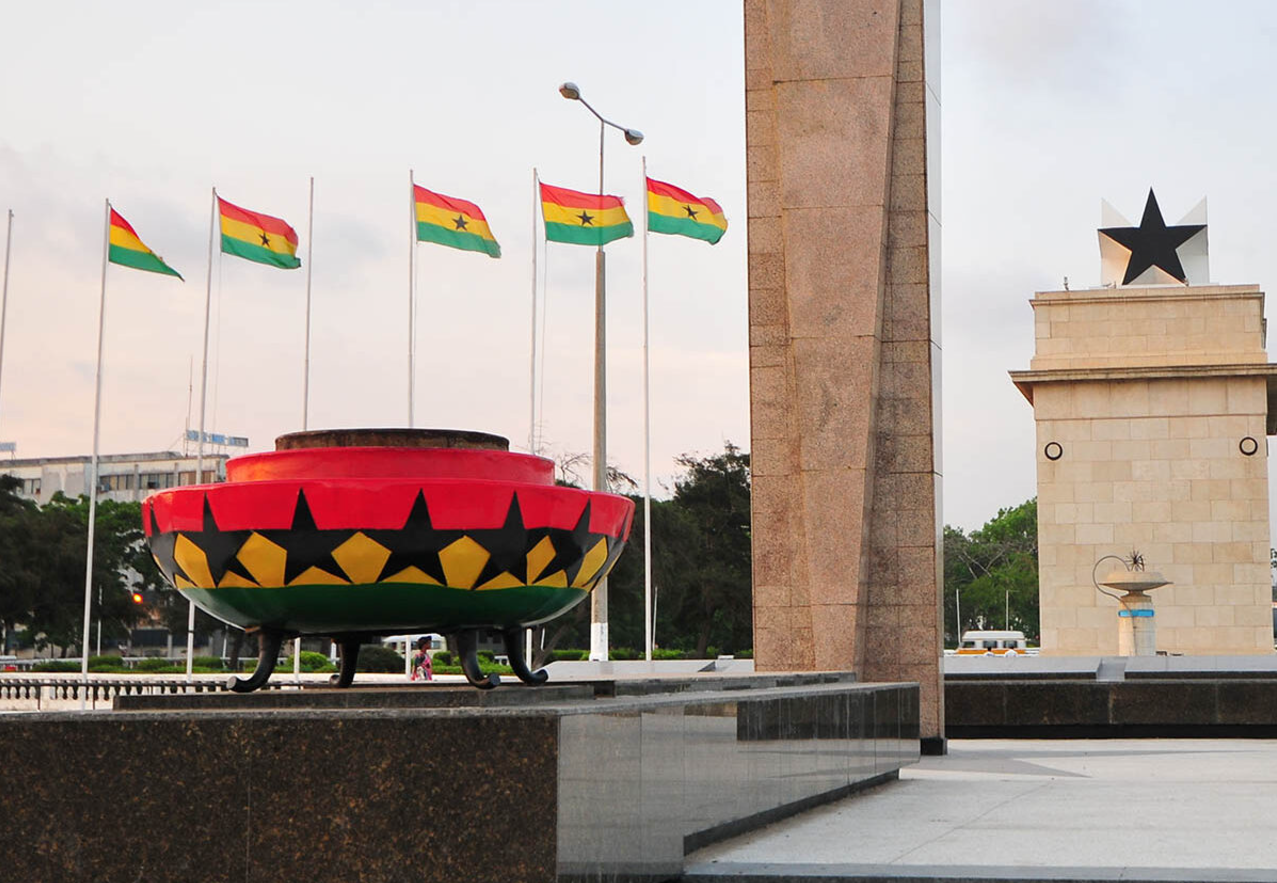
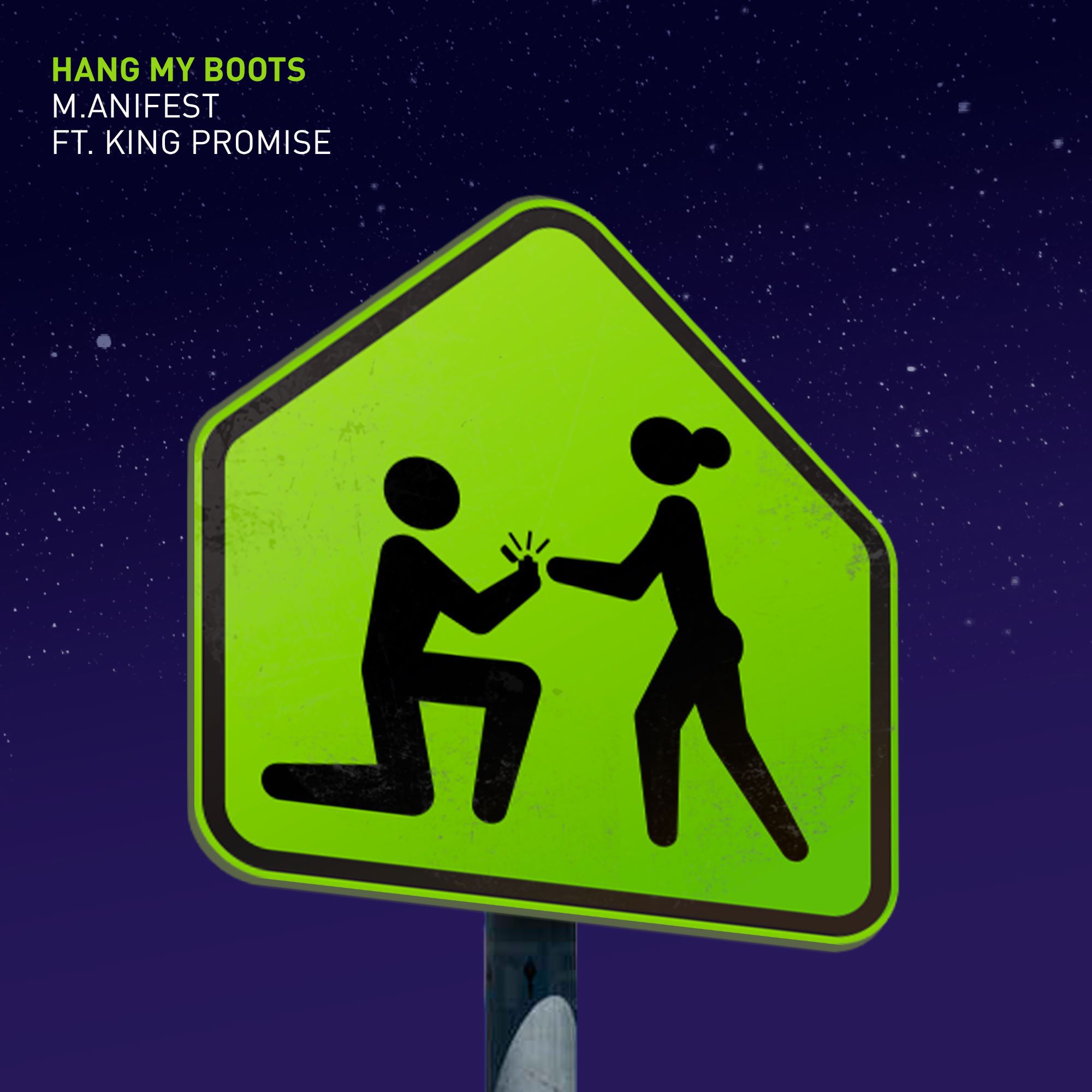

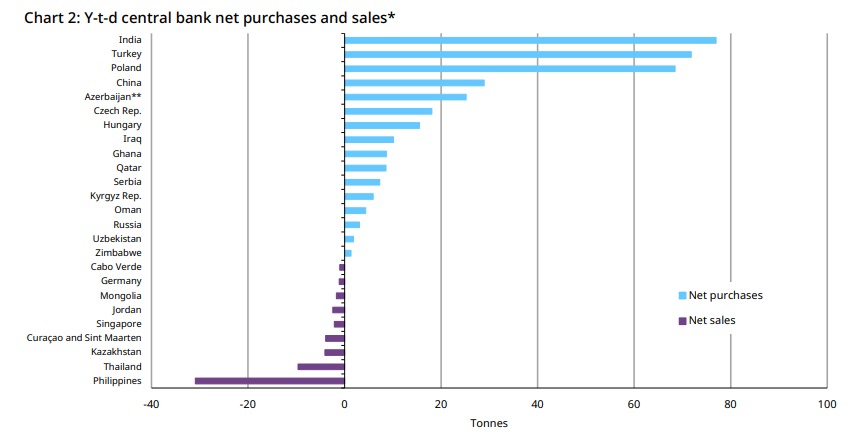

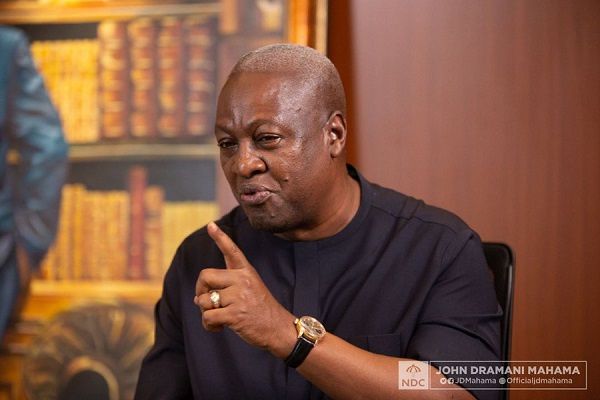

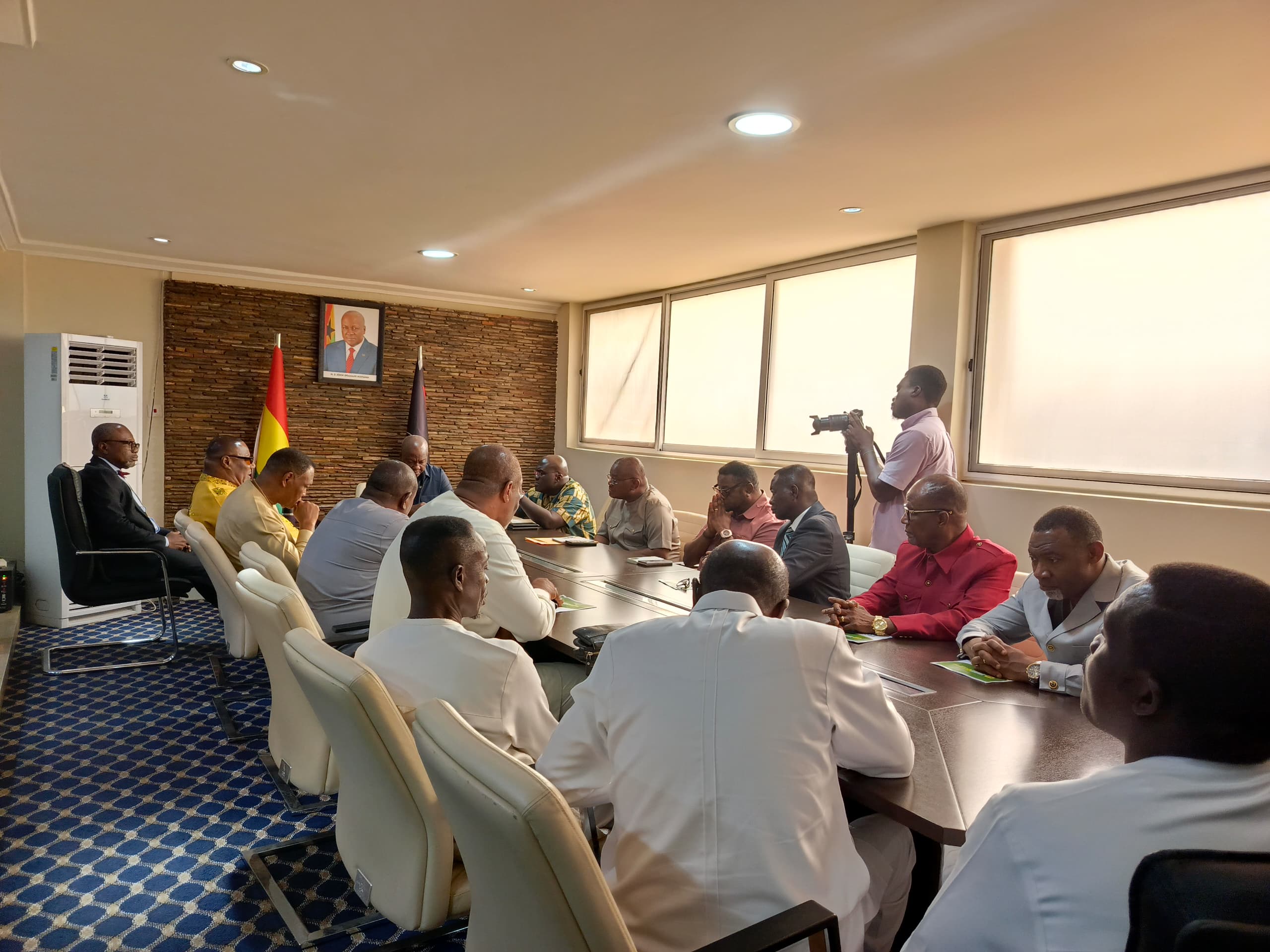

Facebook
Twitter
Pinterest
Instagram
Google+
YouTube
LinkedIn
RSS